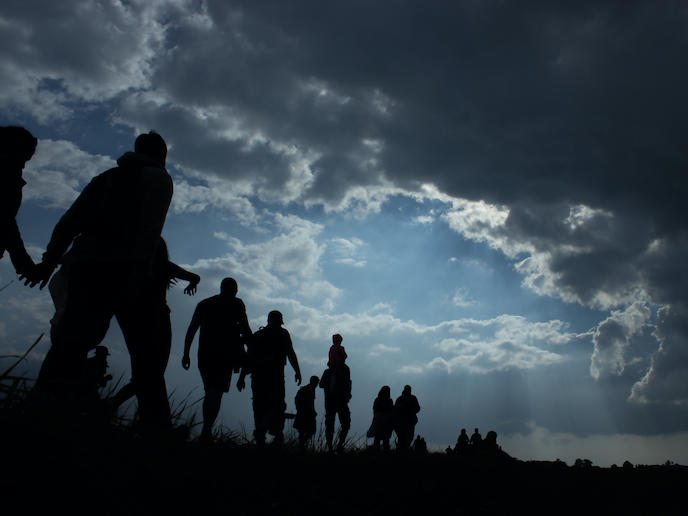Examining the rise of populism in Central and Eastern Europe
The collapse of state socialism brought about the liberalisation of public life, the democratisation of politics and the abolition of state-run economies. These socially costly transformations never ran smoothly and in the same direction in all post-communist states. However, by the mid-2000s, certain countries clustered in Central Europe and the Baltic States seemed to have managed to consolidate liberal democracy. Then something snapped. The political trajectory veered off in new directions as populist(opens in new window) parties started gaining more support. Populists sought to delegitimise the liberal democratic system in the name of unconstrained majoritarianism. Notable cases include Hungary and Poland. Funded by the Marie Skłodowska-Curie Actions programme, the FATIGUE(opens in new window) project sought to interpret this puzzling U-turn, its delayed emergence, recognise its consequences and propose viable policy solutions.
Exploring the relationship between populism rise and fatigue
“Our approach to understanding the rise of populist politics in Central and Eastern Europe has relied on the concept of ‘delayed transformational fatigue’,” notes Richard Mole, Professor of Political Sociology at the UCL School of Slavonic and East European Studies(opens in new window) and project coordinator. Mole explains that the concept has been established to capture the gradually growing disappointment with the initial results of economic reforms and particularly with the new elites appearing in post-communist societies. This pervasive feeling of fatigue has been strongly linked to the rise of populism. The focus was also on understanding why this upsurge in populism appeared later. “The neoliberal economic reforms in the 1990s increased inequality, while the rapid social and cultural changes brought about caused a sense of dislocation. People felt being shorn from their cultures and individual identities by globalisation,” explains Mole. “Such economic, social and cultural changes often make members of previously advantaged groups feel like they are losing their status. Overall, populists promise to restore the sense of entitlement of formerly privileged individuals by ‘making the country great again’.”
Tailored training programmes
FATIGUE offered training to 15 early-stage researchers, each making an original contribution to our understanding of the causes and consequences of populism. The themes addressed were the following: illiberal democracy and right-wing politics, the politics of memory, economic populism and inequality, cultures of reaction (xenophobia, antisemitism, homophobia and anti-migrant sentiment), and civil society and protest movements. The research conducted by sociologists and political scientists highlighted the centrality of traditionalism, whereby tradition, the ethnic nation and people-as-a-community constitute the organising principles of society. The insights provided by the historians demonstrated how history can be manipulated and instrumentalised by populist actors to mobilise (potential) supporters, legitimise closer or more distant relations between neighbouring states and justify kin-state policies across borders. The economics researchers identified the factors underpinning the emergence of economic populism and its contradictory impact on the economic convergence amongst the Eastern European Countries. In terms of ethnic culture, the research group demonstrated how politicians weaponise ethnocultural differences to create social hierarchies within their states. Finally, the research group on civil society showed how important framing, political opportunity structures, networks and resource mobilisation are in the fight against populism. Researchers disseminated their original findings at seminars, workshops and conferences. Numerous papers have been published in academic journals and edited volumes as well as in blogs and media commentaries.







